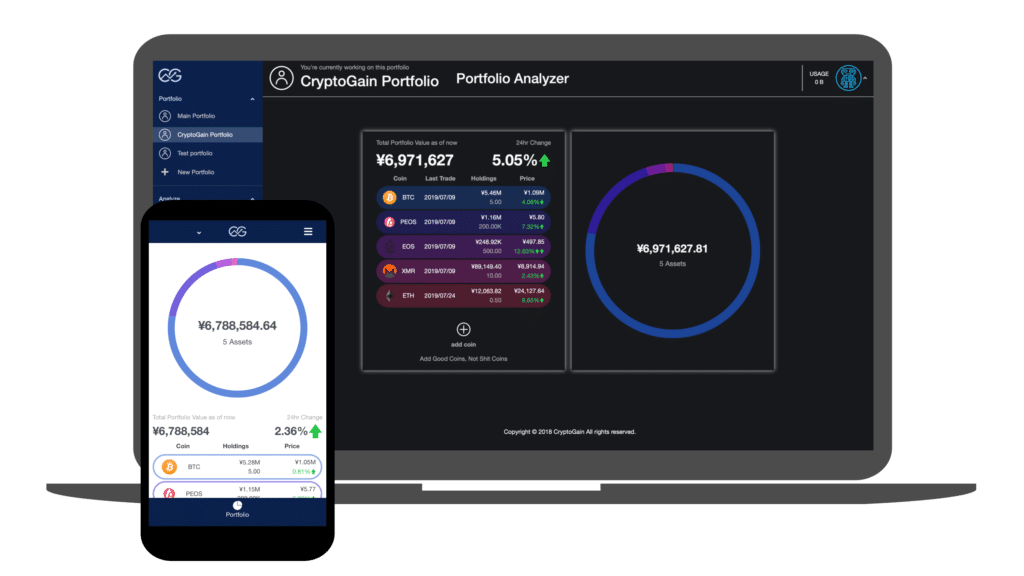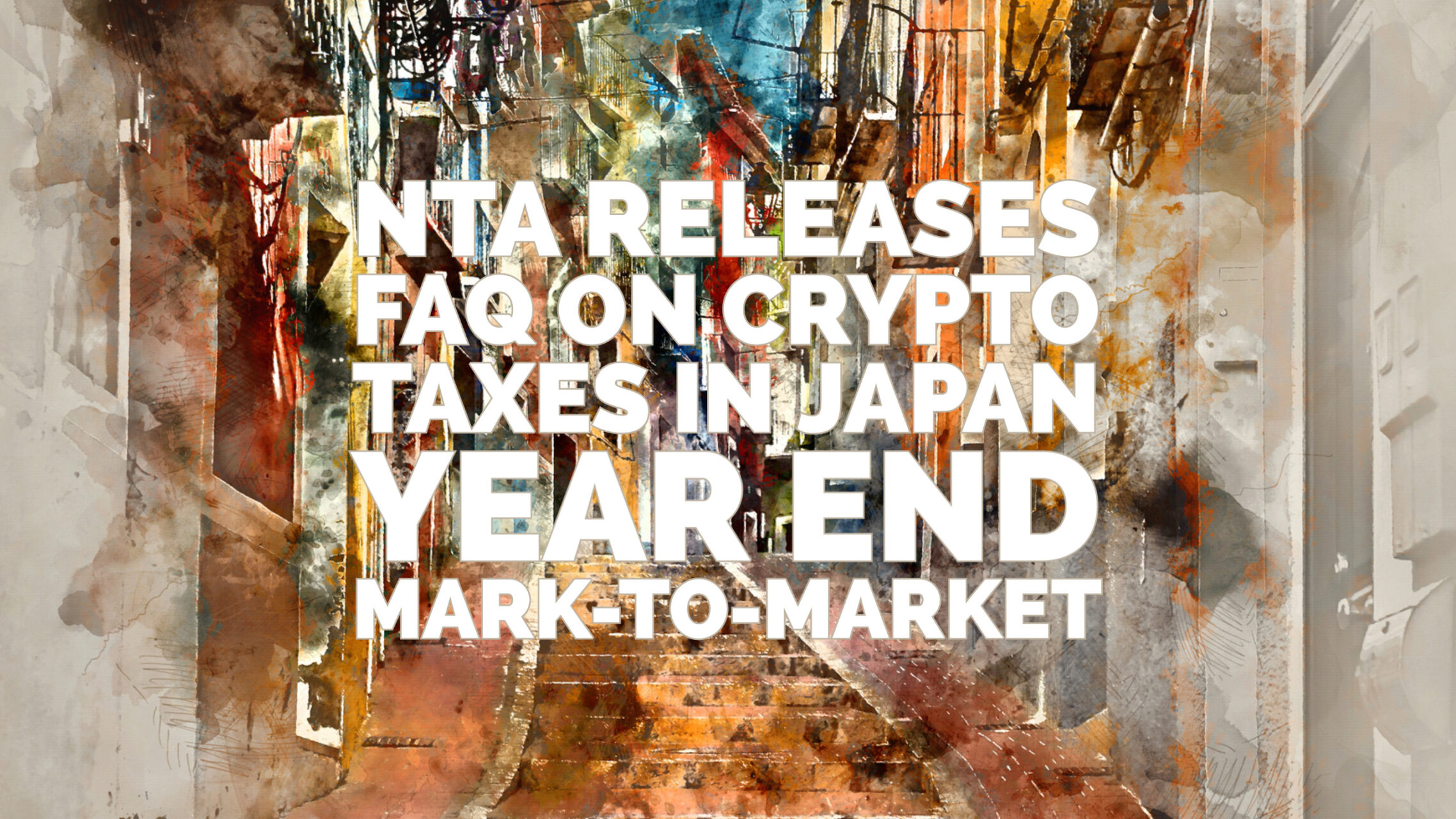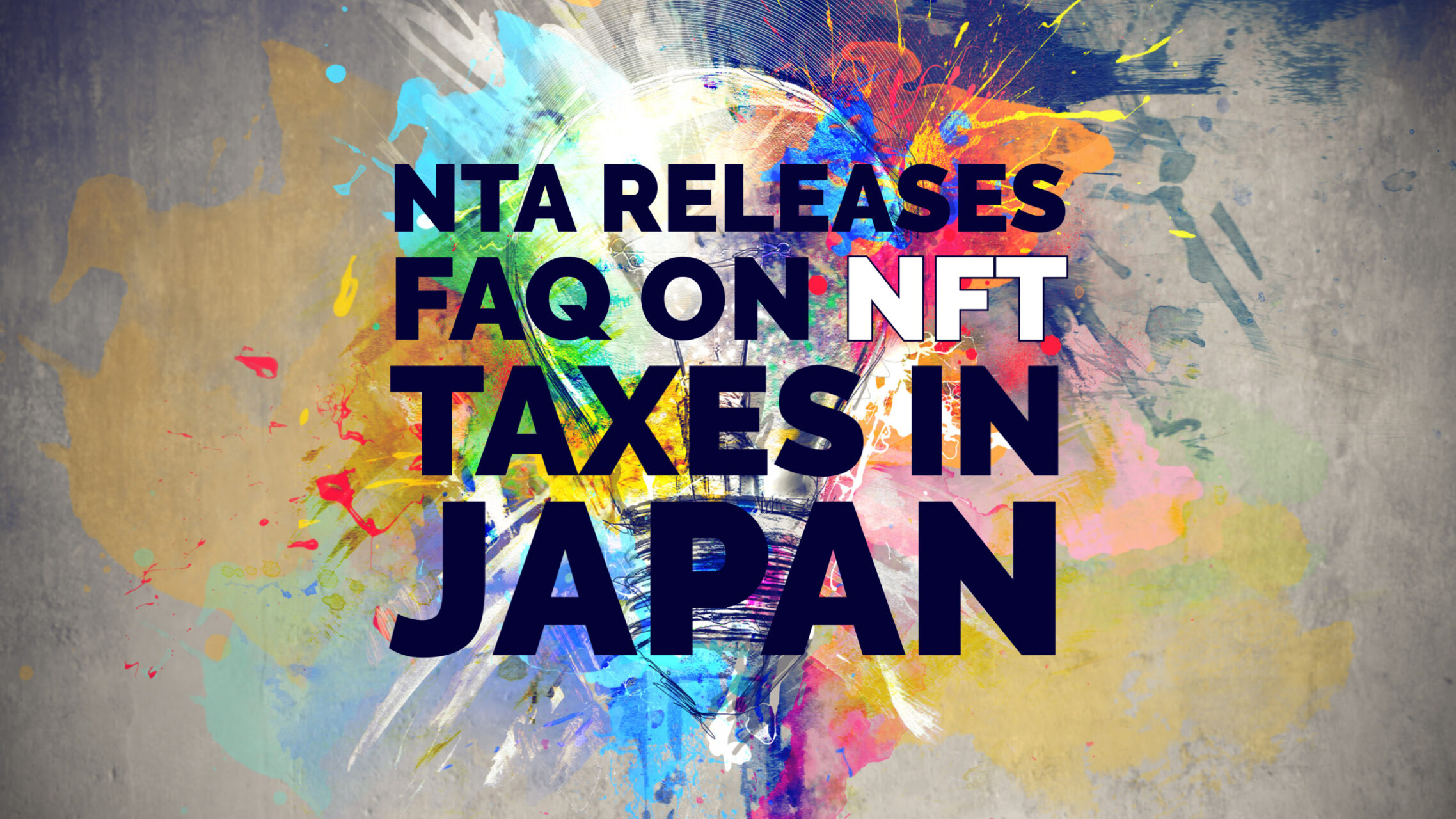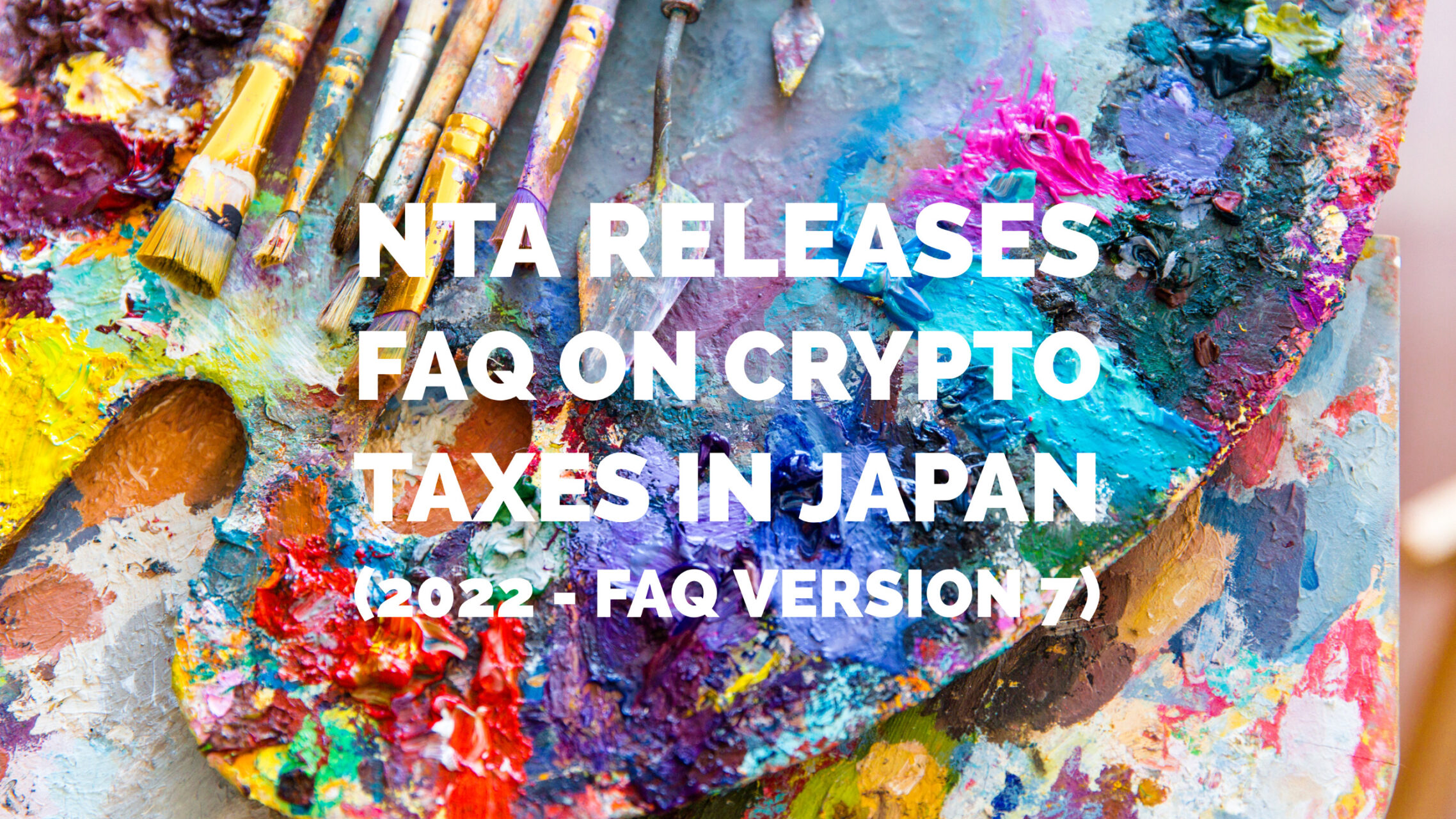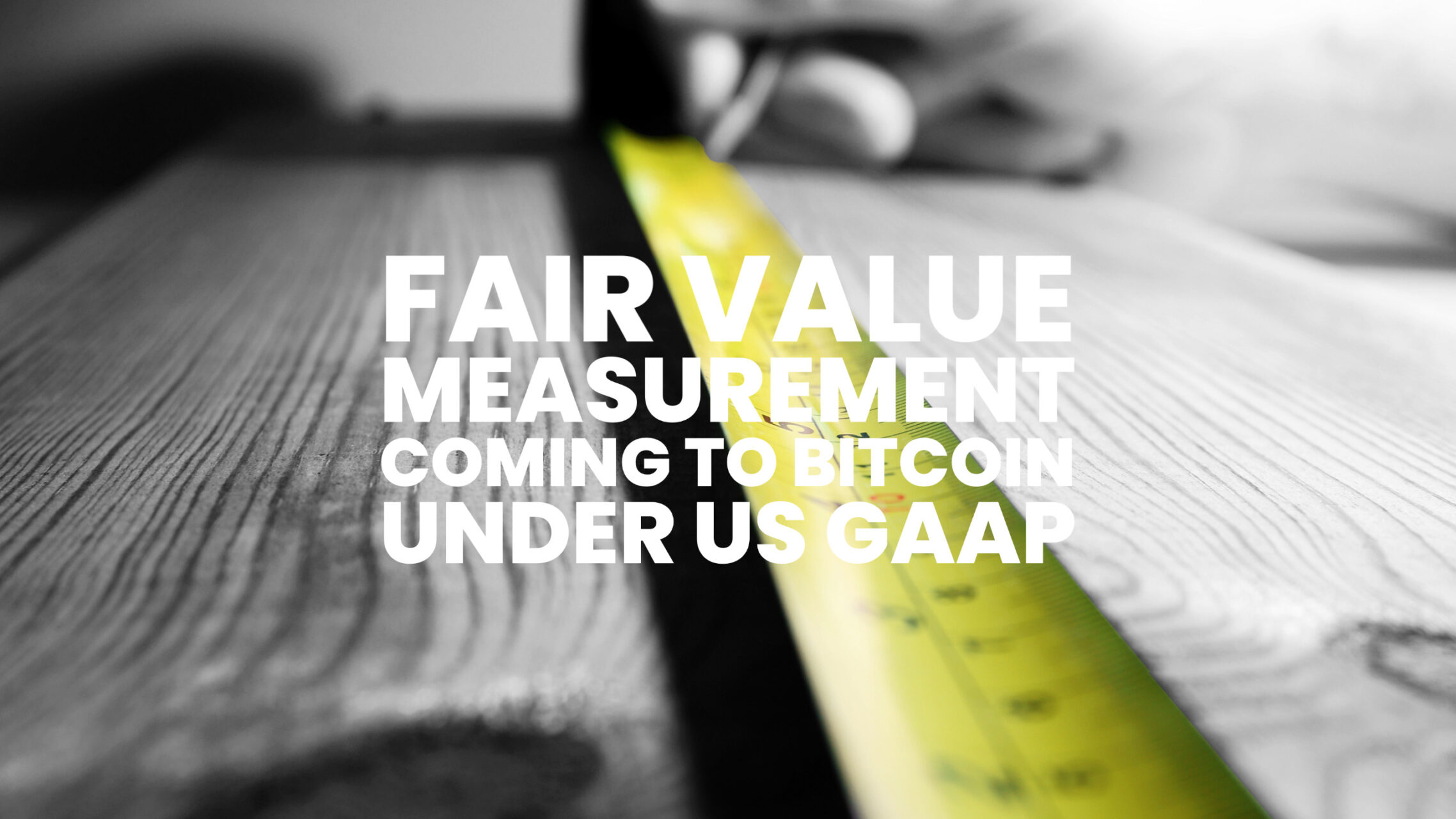Crypto Tax - Heading into Tax Season
Three important points
Crypto Tax Has Many Areas for Improvement
According to the current announcements by the tax authority in Japan, crypto-to-fiat and crypto-to-crypto trades are both considered tax events.
Though this is the global trend with crypto-taxes, when you think about how crypto technically works, it’s difficult to wrap your head around why one would consider crypto-to-crypto trades taxable.
Technically speaking, when you’re trading cryptos, you’re just exchanging a random string of letters and numbers.
Why would anyone think about taxing an exchange of letters and numbers?
When discussing crypto taxes, one should focus not on just the theoretical concepts, but also on the fact that crypto-to-crypto taxes are impeding technological advancement.
Up until now, the individual crypto blockchains existed in isolation from one another.
i.e. For example, there was no interaction between the Bitcoin chain and the EOS chain.
But now, innovation has been made in the area of blockchain interaction and I expect to see multiple chains interacting with one another during this year.
This technology is called Inter Blockchain Communication, or IBC.
If IBC is successfully implemented, not only will you be able to send tokens from one chain to another, you can increase the capacity of a network by running chains in parallel.
For blockchains to achieve worldwide level adoption, scalability is one of the important challenges in need of a solution.
IBC is a technology that could lead to a better future.
For IBC to get a fair chance at taking a shot at solving the scalability challenge, crypto-to-crypto taxation has to go.
Crypto-to-crypto taxation is an impediment to technological innovation.
As such, crypto tax needs to be considered from multiple angles and what is most important is for crypto users to have their own view on taxes.
Crypto/Blockchain is a new technology and the rules are being built as we speak.
If we’re going to implement rules, let’s make sure that they are rules that make the future a better place.
Having said that, with tax season right around the corner, here are three basic but important points crypto users need to consider.
- Hold on to those receipts
- Understand the situation of domestic exchanges
- If you don’t own your private keys, you don’t own your crypto
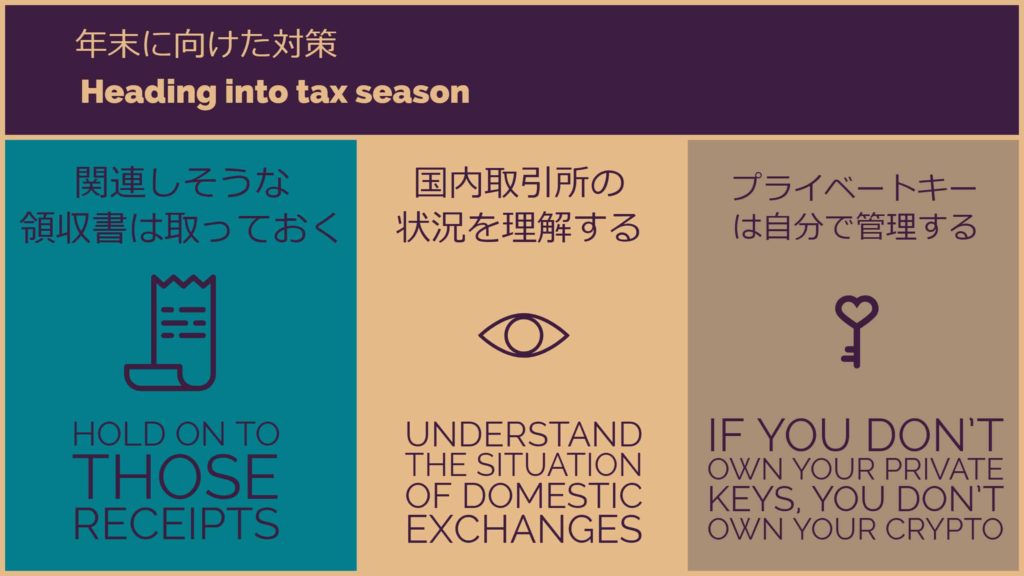
Hold On to Those Receipts
You can offset crypto gains with related expenses so make sure you retain receipts that you think are related with your crypto trades.
Purchases such as books, PCs, wallets, tickets to seminars can be considered examples of such expenses.
When in doubt, keep the receipts just in case.
Understand the Situation of Domestic Exchanges
One needs to act with the assumption that the authorities have access to information regarding transactions that occur on domestic exchanges.
If you value privacy, this is something that you have to consider when transacting on regulated exchanges.
If You Don't Own Your Private Keys, You Don't Own Your Crypto
Crypto that you have on exchanges are not your crypto.
Unfortunate as it is, exchanges will probably continue to be hacked in the future.
As the adage goes “If you don’t own your private keys, you don’t own your crypto”.
You can only consider crypto that you have in your wallet to be truly yours.
Even from a tax perspective, there are limitations on losses that can be taken on coins that are lost from hacks so make sure that you take control of you own crypto.


